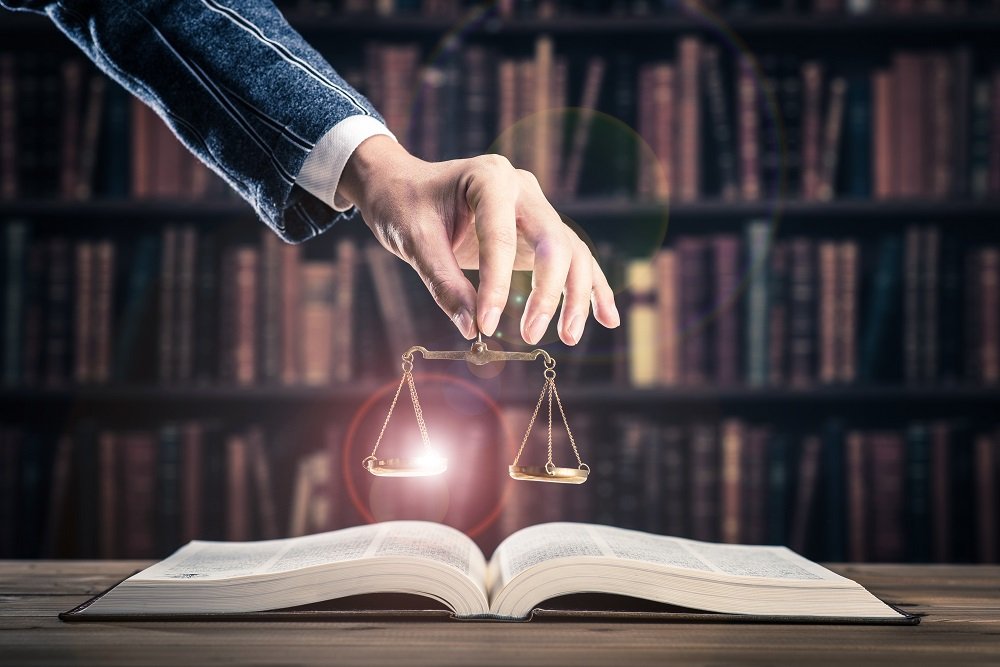Civil law is the legal system that deals with disputes between individuals or organizations, typically involving claims of private damages or breaches of contract. The justice system is responsible for enforcing civil law, ensuring that disputes are resolved fairly and justly.
Civil law is distinct from criminal law, which deals with violations of public laws and the prosecution of individuals who commit crimes. Civil law cases generally involve money or property, rather than criminal penalties like imprisonment.
The justice system is responsible for administering civil law, including the laws governing contracts, property ownership, and compensation for injury or damages. This includes the federal and state courts, as well as local courts and administrative agencies that enforce specific laws or regulations.
Civil cases are typically brought by one party against another to seek damages or resolution of a dispute. The legal process may include mediation or arbitration to resolve disputes without going to court, but can also involve a trial before a judge or jury.
In a civil case, the plaintiff is responsible for proving their case and establishing damages or losses suffered as a result of the defendant’s actions. The defendant then has the opportunity to defend their actions and offer counterarguments or evidence.
The justice system also includes an appeals process, where either party can appeal a decision to a higher court if they believe the original decision was unfair or incorrect. Appeals courts review the evidence and legal arguments presented in the original trial and make a new decision on the case.
The goal of the justice system in civil cases is to ensure fair and just outcomes that compensate those who have suffered damages or losses as a result of another person’s actions. This helps to ensure that individuals and organizations can recover from losses and move forward in their lives or business operations.
Overall, civil law and the justice system play a critical role in protecting individual rights and resolving disputes in a fair and just manner. This helps to ensure that individuals and organizations can engage in commerce and other activities free from the fear of unjust actions by others.



